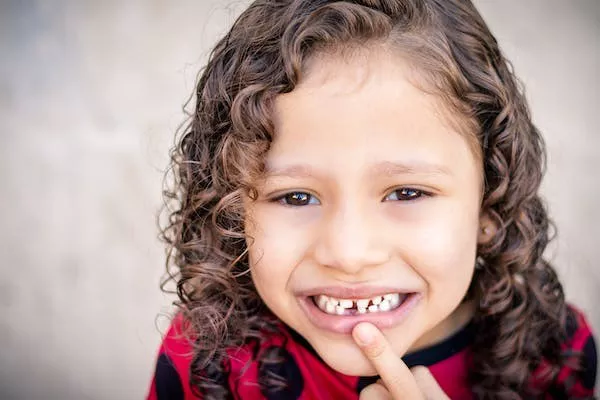While popularity is not the ultimate measure of a child’s worth, understanding the characteristics associated with being perceived as unpopular can provide insights into their social dynamics and potential challenges they may face. This article delves into the characteristics commonly observed in children who struggle with popularity, highlighting the importance of empathy, acceptance, and support. By shedding light on these traits, we aim to foster a deeper understanding of the experiences of unpopular children, and provide guidance for parents, educators, and peers in nurturing an inclusive and supportive environment.
Social Awkwardness and Difficulty with Social Skills
Unpopular children may exhibit social awkwardness and have difficulty navigating social interactions. They may struggle with initiating and maintaining conversations, understanding social cues, and expressing themselves in a way that resonates with their peers. These challenges can stem from a range of factors, such as shyness, anxiety, or developmental differences. Supporting unpopular children in developing social skills through coaching, structured social activities, and empathy-building exercises can help them gain confidence and improve their social interactions.
Lack of Assertiveness and Difficulty Setting Boundaries
Unpopular children may have difficulty asserting themselves and setting boundaries. They may be more prone to being passive, accommodating others’ needs at the expense of their own. This can lead to being taken advantage of or overlooked by peers. Encouraging unpopular children to assert their preferences, express their opinions, and communicate their boundaries in a respectful manner can empower them and foster healthier relationships.
Limited Peer Connections and Difficulty Forming Friendships
Unpopular children often face challenges in forming and maintaining friendships. They may have a limited social network or struggle to connect with their peers due to differences in interests, communication styles, or social norms. These children may experience feelings of loneliness or exclusion, impacting their overall well-being. Creating opportunities for inclusive socialization, facilitating group activities, and promoting empathy and understanding among peers can help foster positive relationships and support unpopular children in building meaningful connections.
Vulnerability to Bullying and Teasing
Unpopular children may be more susceptible to bullying and teasing from their peers. Their differences, whether in appearance, interests, or abilities, can make them targets for negative attention and mistreatment. It is crucial to create a safe and supportive environment where all children feel protected and valued. Implementing anti-bullying programs, fostering empathy and kindness, and encouraging bystander intervention can help mitigate bullying and ensure the well-being of unpopular children.
Difficulty Adjusting to Social Norms and Expectations
Unpopular children may struggle with conforming to social norms and expectations, leading to feelings of isolation or rejection. They may have distinct interests or behaviors that deviate from the mainstream, making it challenging to fit in with their peers. Embracing and celebrating individuality, encouraging acceptance of diverse interests and perspectives, and promoting a culture of inclusivity can help unpopular children feel valued and accepted.
Lack of Self-Confidence and Low Self-Esteem
Unpopular children often experience lower levels of self-confidence and self-esteem. Negative social experiences or consistent feelings of exclusion can contribute to a negative self-image and self-doubt. Nurturing self-esteem through positive reinforcement, acknowledging their strengths and unique qualities, and providing opportunities for success and recognition can help boost their self-confidence and overall well-being.
Emotional Sensitivity and Empathy
Unpopular children may exhibit heightened emotional sensitivity and empathy towards others. They may be more attuned to the emotions and needs of those around them. While this empathy is a valuable trait, it can also make them more vulnerable to the emotional impact of social interactions and rejection. Encouraging emotional resilience, teaching coping strategies, and fostering a culture of kindness and understanding can support unpopular children in navigating their emotions and building healthier relationships.
Unique Talents and Strengths
Unpopular children often possess unique talents, interests, or strengths that set them apart from their peers. These qualities, when nurtured and celebrated, can contribute to their self-esteem and overall well-being. Recognizing and encouraging these talents can help unpopular children find their niche and develop a sense of purpose and accomplishment.
Conclusion
Understanding the characteristics associated with unpopular children is essential for creating an inclusive and supportive environment that values each child’s unique qualities. By recognizing social awkwardness, difficulties with social skills, lack of assertiveness, limited peer connections, vulnerability to bullying, challenges in adjusting to social norms, low self-confidence, emotional sensitivity, and unique talents, we can provide targeted support and guidance to unpopular children. It is crucial to foster empathy, promote acceptance, and create opportunities for social engagement that celebrate diversity and encourage inclusivity. By nurturing the well-being and social development of unpopular children, we can cultivate an environment where all children feel valued, supported, and empowered.


